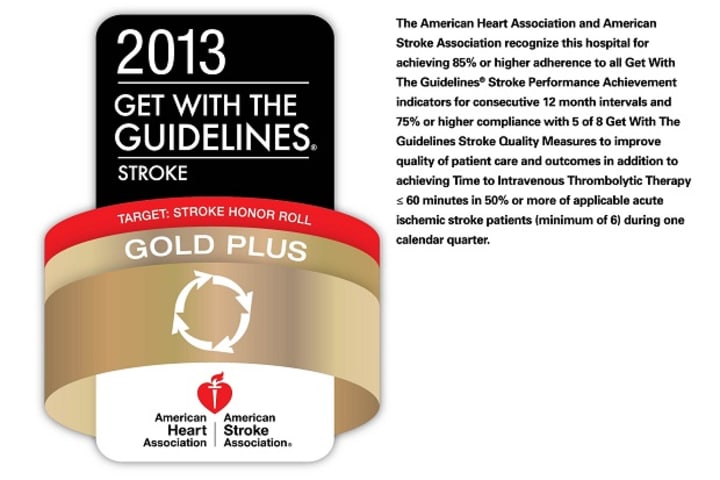If time is of the essence, then knowing the symptoms of stroke is crucial. The National Stroke Association has come up with the easy-to-remember acronym FAST:
F is for face, or facial drooping. Ask the person to smile: Does one side of the smile droop?
A is for arms. Can the person lift both arms overhead? Is there any numbness or weakness?
S is for speech. Ask the person to repeat a simple phrase and listen for slurred or strange sounding pronunciation.
T is for time, which is a reminder that if you see any of these signs, you should call 911 immediately.
Understanding who is at risk can also help you be prepared, says Dr. Todo. People who are overweight, have a history of high blood pressure or cholesterol, heart disease, diabetes, or smoking have a greater risk of stroke. Risk can increase as we age, says Dr. Todo, though doctors see stroke patients under 50 all the time. “Heavy drinking and drug use can also trigger a stroke,” he says.
The good news is that ER doctors have medications that can stop and even help undo stroke damage. “Northern Westchester Hospital is a New York State-designated Stroke Center,” says Dr. Todo, “which means we’re able to diagnose and quickly treat patients.” Once a patient has been diagnosed and the medical history has been checked, doctors can administer medications to bust up the clot in the brain that is triggering the stroke symptoms and loss of function.
“More and more patients are able to make a strong recovery due to early treatment and good rehabilitation services,” Dr. Todo says. “Everyone needs to keep FAST in mind and think stroke if they see symptoms—that message can’t be emphasized enough,” he says. While some 800,000 people suffer a stroke each year in the United States, only about 5 percent get drug treatment in time.
Northern Westchester Hospital is also the recent recipient of the American Heart Association/American Stroke Association’s Get With The Guidelines—Stroke Gold Plus Quality Achievement Award and their Target: Stroke Honor Roll.


